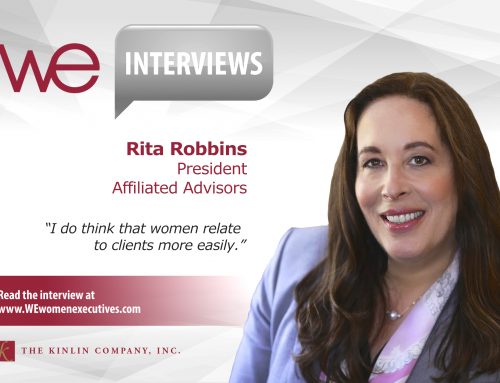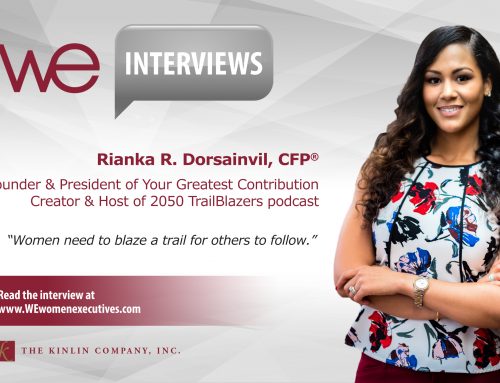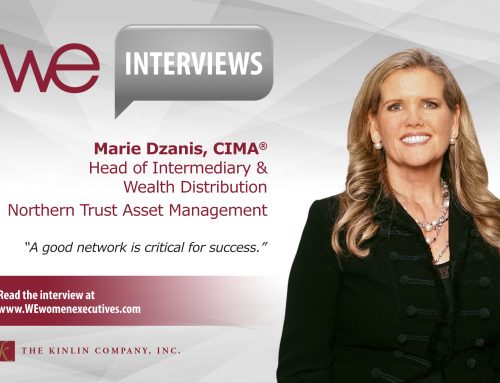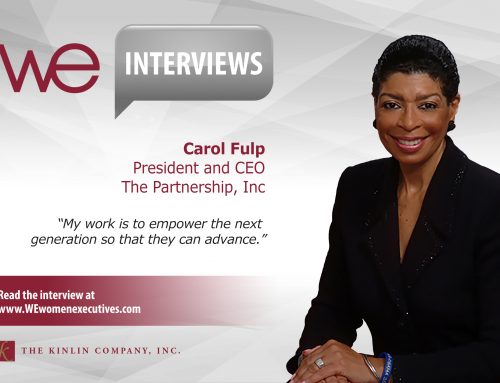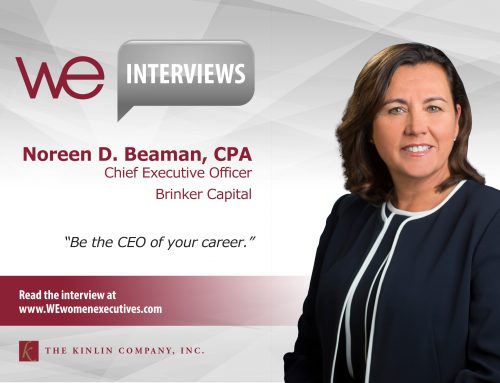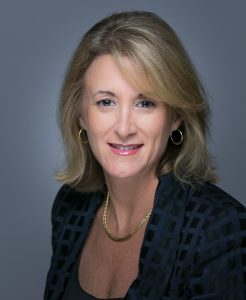 Kim Mustin
Kim Mustin
Head of North American Distribution
BNY Mellon Investment Management
As Head of North American Distribution for BNY Mellon Investment Management, Kim Mustin takes the art of multi-tasking to new heights. Mustin oversees roughly 450 people in North America, with primary responsibilities for sales, marketing and distribution to a full complement of clients within the U.S. in both the retail and institutional sectors.
When Mustin joined the BNY Mellon Investment Management team in April 2014, she became part of the largest multi-boutique organization in the world, an institution with some $1.6 trillion in assets under management that is driven by the horsepower of 13 institutional-quality investment boutiques.
Before joining BNY Mellon, Mustin was Head of Global Strategic Accounts at Oppenheimer Funds, leading all institutional buyer groups including institutional, retail, third party and global private banking platforms. Prior to Oppenheimer, Mustin served as both Head of Institutional at Legg Mason and Co-Head of American Distribution for Legg Mason affiliates. Prior to that appointment, she worked with Deutsche Bank, Scudder Investments, State Street Global Advisors and Putnam Investments. Mustin began her career in the financial services sector as an agent with the US Treasury Department.
I recently had the opportunity to sit down with Mustin and discuss the opportunities and challenges inherent to her new position. In Part Two of our interview, Mustin and I talked about her techniques for advancing in such a competitive, male-dominated environment.
Build a support system
Although Mustin has clearly been very pro-active about managing her career and building solid teams within the workplace, I couldn’t help but wonder how she could meet the challenges of such a demanding job while simultaneously raising a five-year-old and a set of two-and-a-half-year-old twins. What was her secret, I queried, to making it all work?
“Even though I have been married to my husband for almost 22 years, we waited 17 years to have kids because of my career. I always thought that if I had to step out of the workforce for maternity leave, it would jeopardize my ability to get a new assignment, but that’s not true. I tell that to women all the time now.
“If you choose to have children, it’s absolutely critical to have a support system, even at work. It’s incredibly important for the recruitment and retention of women that companies understand the challenges facing their employees and try to provide allowances when necessary. For instance, when new moms come back from maternity leave, I always make it a point to stop by their office and let them know that if they need to take it easy, or work from home, that it’s okay. That first week back is tough, and I think just acknowledging that can go a long way.
“Working parents run hard and fast. They’re so organized in the time that they’re at work; they get far more done than some of their colleagues because they know they have to leave to pick up a kid, and then once they get their kids down, they’re back online, doing what they need to do to wrap up any outstanding work that they have. They make it all work, and I applaud them.
“It’s also important to build a support system around you—whether it’s your parents, a spouse, friends, or family. Without a support system, if things are not going well at home, you’re not going to be productive at work. I’m very fortunate to have a great husband who not only has an amazing career, but also respects mine too. These past six months have been very busy, and he’s had to make a lot of personal sacrifices to pick up the slack. I constantly write him notes of appreciation for allowing me to do whatever I need to do to get my arms around this big new opportunity that I have. I also have an amazing nanny who with any luck will be with us until my kids go off to college.”
Find a way to navigate the obstacles
In addition to striking that tricky work-life balance, I asked Mustin how she’d dealt with the gender-balance issue and if she’d encountered any discrimination as a senior female executive in financial services. Her response was very candid.
“The short answer is yes. I’ve been in this business for 25 years, and we’ve come a long way in terms of the thought process around women in the workplace. I never thought of it as discrimination, I just saw it as an obstacle to navigate around. Increasing the number of women working in financial services is something I’m very passionate about. Diverse organizations tend to create better outcomes, so it is a value add for the employees, the company, and the shareholders.
“I do think that working in a male-dominated field means that women really have to embrace “making the ask.” I realized this a few years back, when I was running the most profitable business for a big organization, and was after the managing director title. So my boss, who was—and still is—an enormous mentor to me, gave me my bonus, the biggest one I’d ever had in my entire career. I was really pleased and he said, ‘You’ve had a great year. We’re so lucky to have you; you’re doing great things,’ and then there was silence, and I said, ‘Well, what about the MD title?’ And he said ‘I didn’t know it was important to you.’
“It really crystalized for me then how important it is to articulate your goals. Too often women assume that because we’ve worked for something, we deserve it, and so someone will notice and give it to us. That’s just not the case. Of course, you have to work for it, and be able to back it up with proof of your skills and abilities, but it’s critical to understand and ask for what you want.
“By the way, I went back and talked to some of my mentors about how to handle the situation, and in the next cycle, when titles were announced, I got the MD title. That’s because every step of the way, I had connected my desire for the title to business results. I asked what I needed to do to be worthy of the title, and then I put a plan in place to get there.”
Ask for help
While Mustin has obviously been rewarded for her hard work and dedication to her career, there are many other women in financial services who don’t seem to be progressing with the same alacrity, particularly within asset management. Where, I asked her, does she think the disconnect between performance and promotion occurs?
“It’s really important to surround yourself with people – with mentors – who can help you figure out how to achieve your goals. Ask for help when you need it. Every job I’ve ever gotten has been secured on my own merit, but I was a much stronger candidate because I learned so much from the people who mentored me.
“It’s also important to really build a relationship with your clients. I’ve always been driven by the satisfaction I receive when helping customers achieve better outcomes. When I go back to my mom’s farm, which is in a tiny town, and I see people there, they don’t know the first thing about investing, or Wall Street, or any of that. All they know is that they’ve entrusted someone with the money that they’ve saved, and that they want to live happily in retirement. I think about that every day when I come to work, and I encourage people in our organization to think about it as well. Our mission is to drive better outcomes for our clients.
“That being said, there is a tradeoff.
“I decided that after Sheryl Sandberg wrote the book Lean In, my book would be called Push Through. I think that once you lean in and you’re at the table, you just have to push through—that’s what it takes. If you want to go home and have dinner with your kids, that’s absolutely fine. But if moving up the ladder professionally is important to you, you need to find the kind of flexibility in your life that allows you to do what you need to do.
“When I’m with my kids, I try to be one hundred percent focused on them and let them know that they’re really important to me. They also know that my work is important, and when they see me going to work every day, I think it helps them understand that one day they will go to work and that it’s important to have that kind of discipline.”
Pay attention
As I listened to Mustin discuss the need to make clear-eyed decisions about dividing one’s time between home and work in order to succeed professionally, I couldn’t help but wonder if the lack of senior-level women mentors and role models in financial services was also a factor. I asked Mustin if she concurred.
“You’ve probably seen all the numbers indicating that we do a reasonable job of getting people into the pipeline, and then when they get to the VP or director level, they leave and don’t come back. Those statistics tell me that we’re not doing a good job of helping people with the transition points in their lives.
“Many different circumstances can derail an individual at the midpoint of their career, both from a personal and a professional capacity. At those times, I am very mindful of the need to put your arms around people by engaging more deeply and thinking creatively about how to help get through those tricky transition points. For me, providing the support and guidance to tackle moments like those is vital.”
Think hard about your skills and abilities
As our interview drew to a close, I asked Mustin if there were any other advice she’d like to share with women in the financial sector who might be reading and hoping to mirror her success.
“Think very hard about your skills and abilities. Understand what they are, then plug into the places where you feel they can best be highlighted. Ask for help and actively seek out mentors. Build your network of people, and remember that these individuals are not necessarily the ones who are going to help you get that next job. These mentors are going to help you highlight your assets so that others can see them. You’re going to get that next job yourself, based on your skills and your abilities.”

